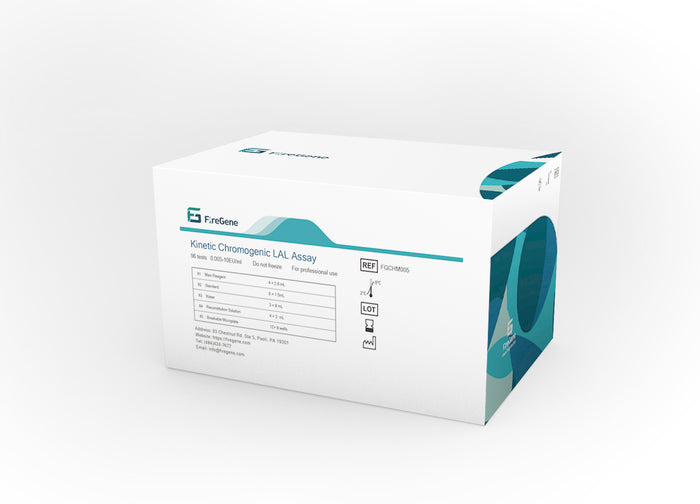
# LAL Kinetic Chromogenic Assay for Endotoxin Detection
## Introduction to LAL Kinetic Chromogenic Assay
The LAL (Limulus Amebocyte Lysate) Kinetic Chromogenic Assay is a highly sensitive and widely used method for detecting endotoxins in pharmaceutical products, medical devices, and other materials. This assay plays a crucial role in ensuring product safety and compliance with regulatory standards.
## How the LAL Kinetic Chromogenic Assay Works
The principle behind this assay lies in the unique clotting mechanism of horseshoe crab blood. When endotoxins (lipopolysaccharides from Gram-negative bacteria) come into contact with the LAL reagent, they trigger a cascade of enzymatic reactions:
– Endotoxin activates Factor C in the LAL reagent
– Activated Factor C converts pro-Factor B to Factor B
– Factor B then activates the proclotting enzyme
– The clotting enzyme cleaves a synthetic chromogenic substrate
– The resulting color change is measured kinetically
## Advantages of the Kinetic Chromogenic Method
Compared to other endotoxin detection methods, the LAL Kinetic Chromogenic Assay offers several benefits:
– High sensitivity (detection down to 0.005 EU/mL)
– Quantitative results with a broad dynamic range
– Less interference from sample components
– Automated data collection and analysis
– Compliance with international pharmacopeial standards
## Applications in Pharmaceutical Industry
Keyword: LAL Kinetic Chromogenic Assay
This assay is extensively used in various pharmaceutical applications:
– Quality control of parenteral drugs
– Testing of medical devices
– Monitoring of water systems
– Validation of depyrogenation processes
– Raw material screening
## Regulatory Considerations
The LAL Kinetic Chromogenic Assay is recognized by major pharmacopeias:
– United States Pharmacopeia (USP)
– European Pharmacopoeia (EP)
– Japanese Pharmacopoeia (JP)
Regulatory guidelines specify requirements for validation, including:
– Determination of the maximum valid dilution
– Confirmation of pH range (6.0-8.0)
– Verification of spike recovery (50-200%)
– Demonstration of repeatability
## Future Developments
Ongoing research aims to:
– Develop recombinant alternatives to natural LAL
– Improve assay sensitivity for novel therapies
– Enhance automation and data integration
– Expand applications in biotechnology products
The LAL Kinetic Chromogenic Assay remains a gold standard for endotoxin detection, combining scientific rigor with practical utility in pharmaceutical quality control.